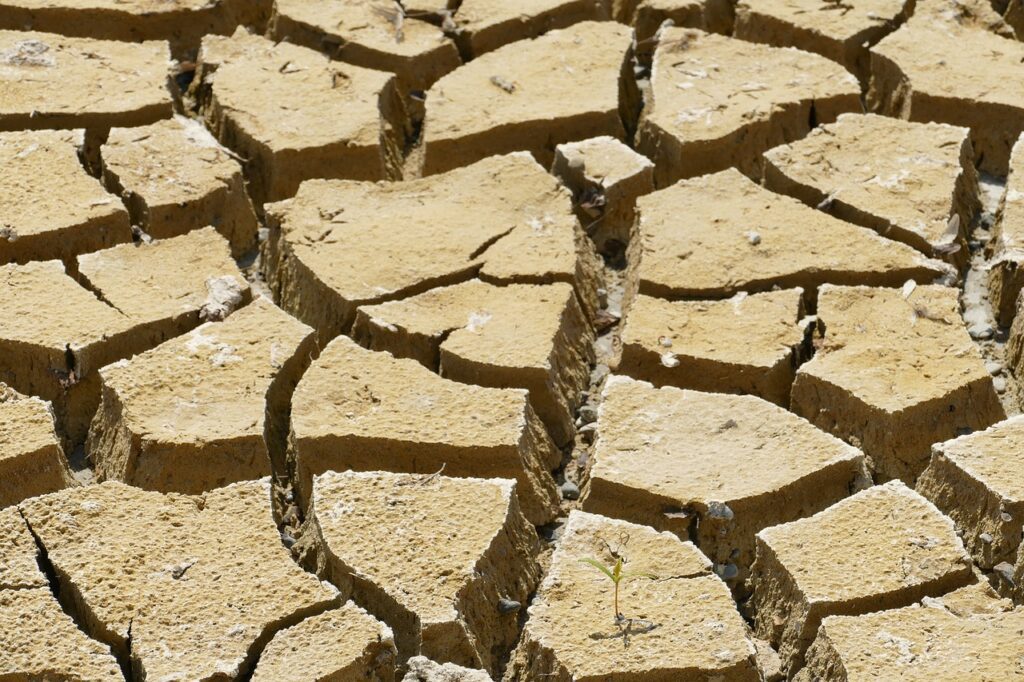
You may not realize it, but dehydration is a common problem that affects millions of people every day. In fact, studies show that up to 75% of Americans are chronically dehydrated. This is a major concern because water plays an essential role in maintaining a healthy body. In this post, we will discuss the importance of hydration and how you can recognize the signs of dehydration. We will also cover the health effects of dehydration and provide actionable steps you can take to increase your hydration levels.
What is Dehydration?
Dehydration occurs when your body loses more fluids than it takes in. This can happen for a variety of reasons, including not drinking enough water, sweating excessively, vomiting, or diarrhea. When your body is dehydrated, it can’t function properly, and you may experience a range of symptoms.
Symptoms of Dehydration:
It’s important to recognize the signs of dehydration because it can lead to serious health problems if left untreated. Some common symptoms include:
- Thirst
- Dry mouth
- Headache
- Dizziness or lightheadedness
- Fatigue
- Dark urine
- Dry skin
- Muscle cramps
If you experience any of these symptoms, it’s crucial to drink water immediately to rehydrate your body.
The Importance of Hydration
Hydration plays a critical role in your body’s overall health. Water is essential for proper digestion, absorption, and transportation of nutrients. It also helps regulate body temperature and lubricates your joints. When you’re dehydrated, your body is unable to function at its best, and you may experience a range of health problems.
Effects of Dehydration on health
Dehydration can have both short-term and long-term effects on your health. In the short-term, dehydration can lead to headaches, dizziness, and fatigue. It can also cause heat exhaustion, which can be life-threatening. In the long term, chronic dehydration can lead to kidney stones, urinary tract infections, and even kidney failure. It can also increase your risk of developing chronic diseases such as diabetes, hypertension, and obesity.
Ways to Stay Hydrated:
The best way to stay hydrated is to drink plenty of water throughout the day. You should aim for at least 8 glasses of water per day, or more if you’re physically active or live in a hot climate. You can also increase your hydration levels by eating foods that are high in water content, such as fruits and vegetables.
Other Hydration Tips
- Carry a reusable water bottle with you wherever you go
- Set reminders to drink water throughout the day
- Drink water before, during, and after exercise
- Avoid sugary drinks and alcohol
In conclusion, staying hydrated is essential for maintaining a healthy body and preventing a range of health problems. It’s important to recognize the signs of dehydration and take action immediately if you experience any symptoms. By drinking plenty of water and following the tips outlined in this post, you can increase your hydration levels and improve your overall health and well-being.
Hydration FAQs
How much water should I drink each day to stay hydrated?
The recommended daily water intake for adults is at least 8 glasses or 64 ounces of water per day. However, this can vary based on factors such as age, gender, weight, physical activity level, and climate. If you are physically active, live in a hot climate, or have a medical condition that affects your fluid balance, you may need to drink more water to stay hydrated.
Can I stay hydrated by drinking other beverages besides water?
While water is the best source of hydration, other beverages can also contribute to your overall fluid intake. However, it’s important to avoid sugary drinks and alcohol, as they can actually increase your risk of dehydration. Beverages such as herbal tea, coconut water, and low-sodium broth can also help you stay hydrated.
Are there any foods that can help me stay hydrated?
Yes, there are several foods that are high in water content and can help you stay hydrated. Fruits such as watermelon, strawberries, and oranges, as well as vegetables like cucumbers, celery, and lettuce, are all great sources of hydration. Eating a diet rich in fruits and vegetables can also provide other important nutrients that your body needs.
What are some tips for staying hydrated during exercise?
It’s important to drink water before, during, and after exercise to stay hydrated. Aim to drink about 17-20 ounces of water 2-3 hours before exercising, and then about 7-10 ounces every 10-20 minutes during exercise. If you’re exercising for longer than an hour, consider a sports drink that contains electrolytes to help replenish fluids and minerals lost through sweat. It’s also important to listen to your body and drink water as needed, even if you don’t feel thirsty.
